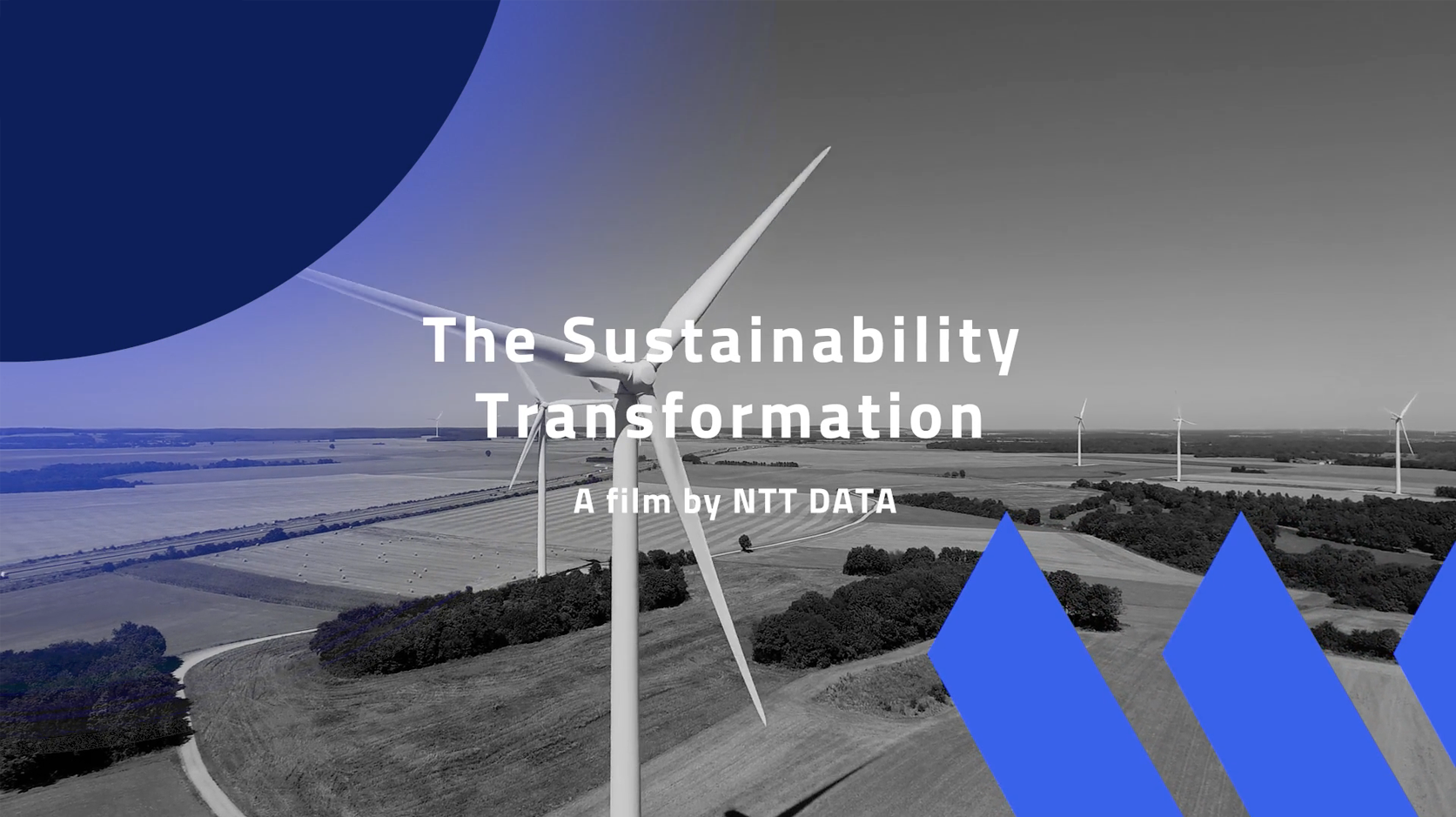
Photgraph: Hao Wen/Unsplash
This autumn, the corporate and political world is moving into summit season. In the coming weeks and months, business leaders and politicians will gather for the B20, the G20 and COP26 – reaffirming many of the messages delivered recently at the UN General Assembly.
There is a common theme to these meetings: the need to accelerate climate action. Every company, government, and individual has a role to play in building a sustainable future. All stakeholders must play an increasingly meaningful role in meeting the 17 UN Sustainable Development Goals to halt poverty, mitigate climate change and secure a more equal and peaceful future.
Six years on since the goals were first unveiled, compliance has changed and the urgency is now. Whether it is the auto industry being forced to cut emissions or the technology sector being required to protect personal data, the role of business is changing. Regulations remain an important tool to drive greater sustainability and the future will belong to those companies taking action now.
Salesforce has been on a sustainability transformation journey for over a decade. Being a purpose-led and values driven organisation is not only the right thing to do, it helps us work best with our customers and attract and retain talent. Today, people expect a company to have values hard-wired into every aspect of its business. This is something increasingly recognised by investors too. Institutional shareholders increasingly allocate capital to companies with measurable performance on environmental, social and governance (ESG) criteria.
Technology and sustainability can go hand in hand. Digital systems are becoming essential for sustainable innovation in everything from telemedicine to zero-emissions transport.
By leading with our own values, we inspire others to make a difference too – colleagues, customers and communities. Put simply, this is no longer a compliance burden; it is vital corporate DNA.
This is one reason why Salesforce has joined forces with the likes of Citi, JP Morgan and Amazon to create impact-focused venture funds, which help smaller companies to deliver positive impacts in areas such as education, workforce development, sustainability, equity and inclusion.
Technology can be a force for good
The pandemic has accelerated transformations across all pockets of our society like we have never seen before. The importance of these issues has also grown with the prolonged period of disruption forcing us all to rethink old behaviours. All of us have adapted to lockdowns, to remote learning, to e-medicine, to new workplace methods and new forms of social and corporate interaction.
The pandemic has illuminated how interconnected our planet is and laid bare many of the structural challenges we still have to address. Our resilience is being challenged and I fear that society in its current state will not be able to withstand the pressures of climate change.
As a result this is the era where digital innovation has embraced society agendas. It has shown us that technology and sustainability can go hand in hand. Digital systems are becoming essential for sustainable innovation in everything from telemedicine to zero-emissions transport. And our workforces can now turn to better data management to make their businesses more sustainable.
The expectation to balance financial return and market innovation with a positive social and environmental contribution is greater than ever.
To take one example: the Salesforce Sustainability Cloud has been launched to track, analyse and report reliable environmental data to help customers reduce their carbon emissions.
Meeting new expectations
In the run up to COP26, the UN climate change summit in November which we are proud to sponsor, we expect to see similar initiatives and a new wave of innovation for business to meet regulation requirements and to future-proof their operations.
The expectation to balance financial return and market innovation with a positive social and environmental contribution is greater than ever. Companies and business leaders should actively embrace ESG initiatives because it is good business to do so. It is good for customer loyalty, good for talent retention and attraction, good for investor relations and good for the communities we serve.
These trends have been accelerated by a pandemic period that has forced a fundamental rethink of business-societal interactions. We need a more equal, fair and sustainable way of doing business that values purpose alongside profit. If we remain committed to reform and innovation, impact has the opportunity to prove that the challenges we face can accelerate progress, not inhibit it.















































